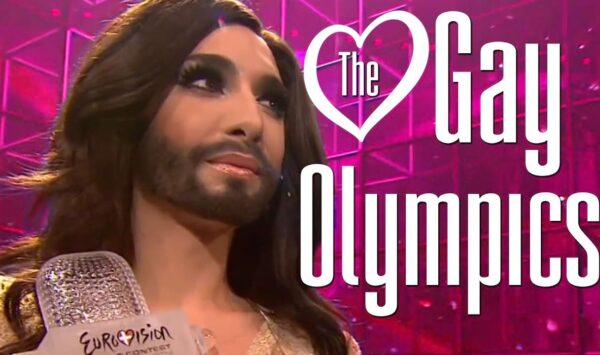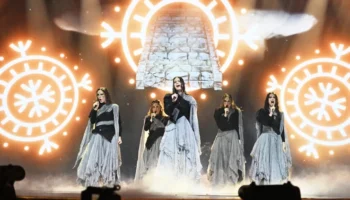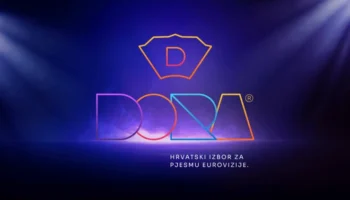Eurovision, the iconic international song contest, has long been celebrated as a unifying platform that brings together diverse cultures, languages, and musical talents from across Europe. However, behind the glitz and glamour of the performances lies a complex web of politics, branding, and image projection. In the documentary “The [Queer] Politics of Eurovision” by Ada Černoša and Verity Ritchie, the deeper layers of Eurovision’s political landscape are exposed, shedding light on how the contest has been shaped by geopolitical dynamics, cultural stereotypes, and the struggle for LGBTQ+ visibility.
The [Queer] Politics of Eurovision is a thought-provoking documentary that delves into the political dimensions of the beloved Eurovision Song Contest. Beyond the glitz and glamour, the film sheds light on the contest’s branding, the role of host nations, and the influence of fan culture, revealing the intricate web of politics that shapes this iconic event.
The Power of Host Nations and Branding
Host nations play a crucial role in shaping the narrative and perception of Eurovision. From Azerbaijan using the contest as a tourist campaign to Sweden’s depoliticized, homonationalist approach, the documentary explores how host countries strategically utilize Eurovision to enhance their image on the global stage. It raises important questions about the ethical implications of branding and the potential to mask underlying issues within a nation.
Homonationalism and the Paradox of Inclusion
Eurovision’s celebration of LGBTQ+ inclusivity is undeniable, but the documentary also delves into the concept of homonationalism, whereby LGBTQ+ rights are instrumentalized for political gain. It examines the stark contrast between Western and Eastern Europe, challenging the notion that the West is inherently more progressive and tolerant. By critically analyzing homonationalism, the documentary prompts us to question the authenticity of Eurovision’s inclusive image.
Eurovision as a Mirror of Societal Issues
Beyond the glitter and showmanship, Eurovision reflects the societal challenges faced by participating countries. The documentary highlights the economic inequalities, social exclusion, and political controversies that are often intertwined with the contest. By using Eurovision as a mirror to examine these issues, it encourages viewers to consider the broader implications and responsibilities that come with hosting and participating in the contest.
Charting a Progressive Path Forward
“The [Queer] Politics of Eurovision” serves as a call to action, urging Eurovision to confront its political realities and strive for greater transparency and inclusivity. The documentary emphasizes the power of open dialogue and critical engagement to reshape Eurovision’s narrative. It encourages stakeholders to address political controversies with integrity and purpose, transforming Eurovision into a truly progressive and transformative platform that celebrates diversity, challenges stereotypes, and champions social justice.
In conclusion, “The [Queer] Politics of Eurovision” offers a unique perspective on the contest, exposing the political undercurrents that shape Eurovision’s identity. By shining a light on the contest’s branding, host nations, and the influence of fan culture, the documentary invites viewers to critically examine Eurovision’s politics and engage in meaningful discussions. As we celebrate the cultural diversity and unity that Eurovision brings, let us also navigate its political complexities with a commitment to inclusivity, authenticity, and positive social change.




